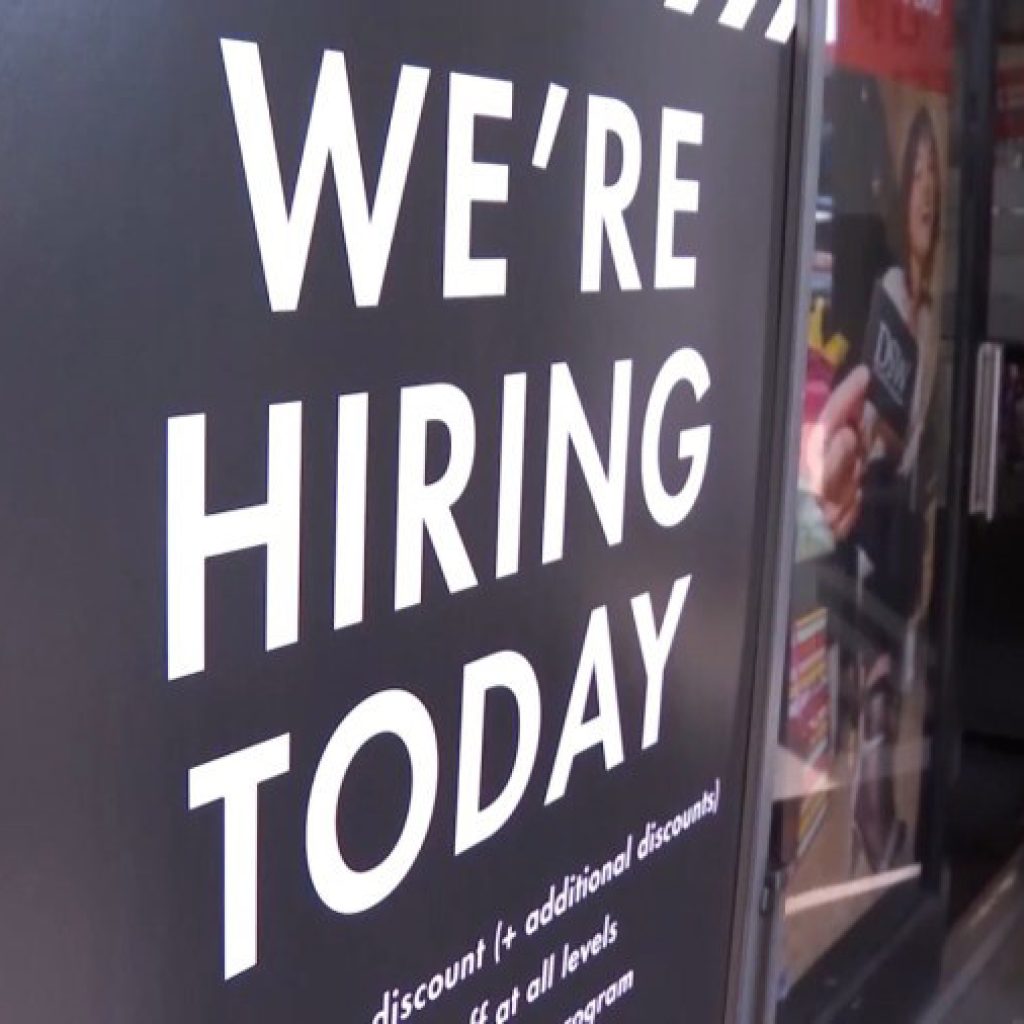WASHINGTON, D.C. — In a move that could reshape one of the country’s largest public health programs, Congress has passed the One Big Beautiful Bill Act, introducing sweeping reforms to Medicaid and igniting a fierce debate over the balance between government assistance and personal responsibility.
Critics have decried the legislation as a deep cut to a critical safety net, warning that millions of low-income Americans could lose coverage. Supporters, however, argue that the reforms are aimed not at slashing benefits, but at preserving Medicaid for the truly vulnerable—while urging able-bodied adults to step up and contribute to the workforce.

The bill, which cleared the House on May 22 and passed the Senate on June 30, introduces work requirements for certain Medicaid recipients and establishes new oversight mechanisms intended to reduce fraud, waste, and improper enrollment. According to the Congressional Budget Office (CBO), the reforms could reduce federal Medicaid spending by $863 billion over the next decade, with an estimated 7.8 million Americans potentially losing coverage—primarily due to the new eligibility requirements.
A Targeted Shift
Central to the bill is a new rule requiring able-bodied adults aged 19 to 64, who are enrolled in Medicaid under the Affordable Care Act expansion, to work, volunteer, or participate in job training for at least 80 hours per month to retain eligibility. These changes, set to take effect by December 31, 2026, aim to align Medicaid more closely with other welfare programs like SNAP, which already impose similar requirements.
“Medicaid was never intended to be a permanent safety net for able-bodied individuals who could otherwise be working,” said House Speaker Mike Johnson. “This bill reinforces the idea that with support comes responsibility.”
Supporters of the legislation point to a troubling trend: While Medicaid now covers more than 70 million Americans—including low-income families, children, the elderly, and people with disabilities—a small but significant portion of able-bodied adults are receiving benefits without contributing to the labor force.
According to a 2024 analysis by the Kaiser Family Foundation, 92% of Medicaid recipients under age 65 are either employed, in school, or unable to work due to illness or caregiving duties. However, the remaining 8%—which still accounts for millions—are neither working nor seeking work. Lawmakers behind the bill argue that this population places unnecessary strain on a system designed for those in genuine need.
Reforms and Safeguards
The legislation also mandates monthly checks of Social Security numbers to prevent duplicate enrollments across states and quarterly reviews to remove deceased individuals from Medicaid rolls—steps aimed at tightening program oversight. The Centers for Medicare & Medicaid Services (CMS) estimates that improper payments have totaled more than $500 billion over the past decade.
“These are not cuts,” said CMS Administrator Dr. Mehmet Oz. “They’re practical reforms that protect the integrity of the program and ensure taxpayer dollars are going where they’re most needed.”
The White House echoed that sentiment. Press Secretary Karoline Leavitt emphasized that protections remain in place for pregnant women, children, seniors, and people with disabilities. “This bill targets inefficiency—not the vulnerable,” she said.
Concerns Over Implementation
Still, not everyone is convinced. Health policy experts and advocacy groups warn that the work requirements could have unintended consequences, particularly for individuals who are already working but may struggle with new administrative burdens. A 2019 study published in the New England Journal of Medicine examined a similar policy in Arkansas and found that 18,000 people lost coverage—many not because they refused to work, but because they failed to complete complex reporting requirements.
The CBO estimates that of the 18.5 million adults who will be subject to the new work requirements, approximately 4.8 million could lose coverage due to paperwork issues or confusion—not because they fail to meet the work standard.
“There’s a real risk that red tape, not refusal to work, will drive people out of the program,” said Dr. Ellen Matthews, a health policy analyst at Georgetown University. “That could have serious consequences for both families and healthcare providers, especially in rural areas.”
A Broader National Debate
The passage of the One Big Beautiful Bill Act marks a critical inflection point in the ongoing debate over the role of public assistance in America. For some, the reforms are a long-overdue effort to restore Medicaid’s original mission. For others, they represent a step backward that could punish the very people the program was designed to protect.
States like California, New York, Texas, and Florida—which have high Medicaid enrollment rates—now face the challenge of implementing these new requirements without disrupting coverage for those who genuinely qualify. Some states may need to boost administrative capacity or even increase spending to manage compliance, offsetting some of the projected federal savings.
Whether these reforms lead to a more efficient, sustainable Medicaid program—or leave millions without care—remains to be seen. What’s clear is that the bill’s impact will stretch far beyond the halls of Congress, shaping access to healthcare for millions of Americans in the years to come.




